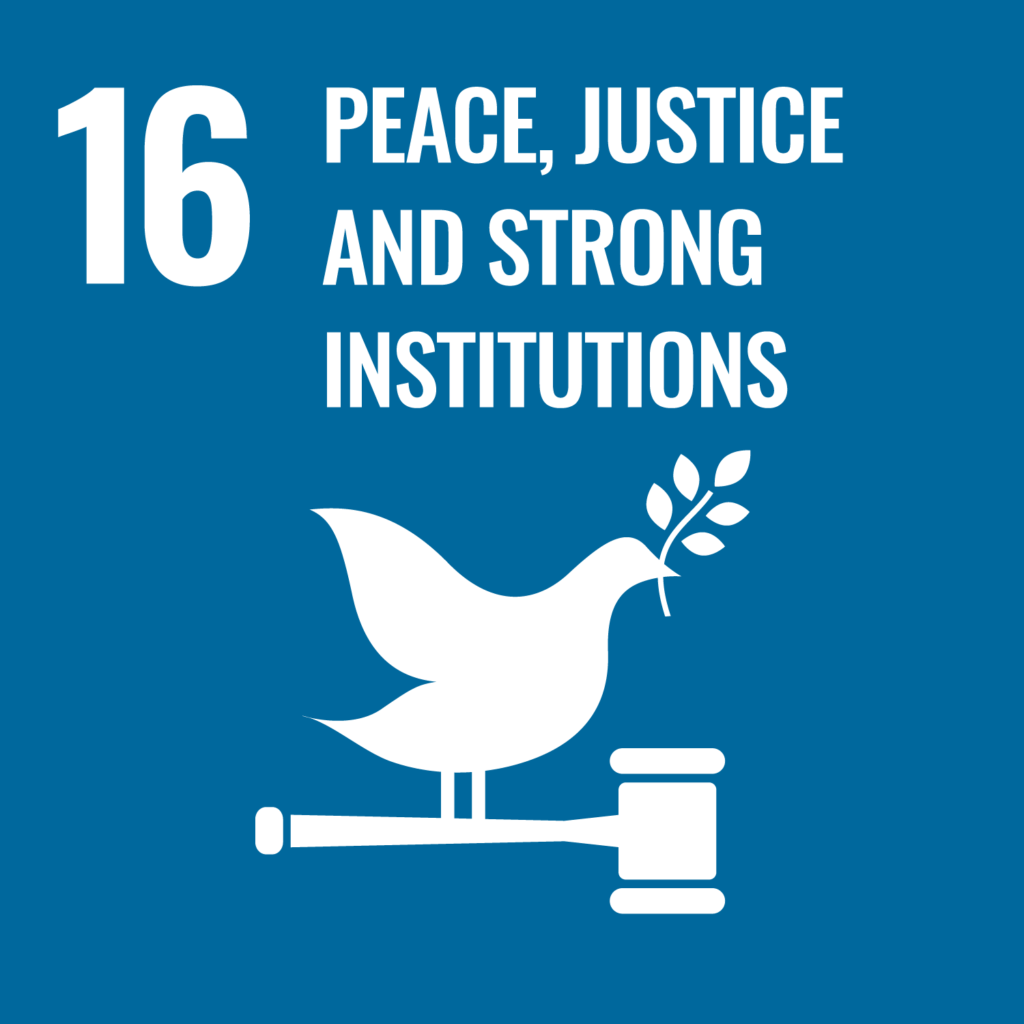The story of a maverick researcher
Over the past two decades, Professor Mike McIntyre (Finance) has developed a program of research that is both idiosyncratic and expansive. Whether he is analyzing options pricing and deposit insurance reserves, informing legal proceedings against problematic investment professionals, reframing the discussion around sustainability, or developing new approaches to performance assessment and strategic planning in the policing sector, Mike navigates the research landscape with his sights set on two standards: “I have always wanted to choose topics that I like and to make an impact.”

Mike’s research program is also unified by an analytic methodology that he traces back to the sixteen years he spent in professional accounting and in commercial and corporate banking. “CPAs never just take orders. We’re always questioning, always finding proof or background or cause. And with banking, too: people think it’s a numbers game, but it’s largely a game of convincing narrative, and to have a convincing narrative, you have to get your facts right.”
The drive to get the facts right manifests throughout all of Mike’s work. In his early research, for example, Mike demonstrates an incongruity between option pricing theory, which suggests that certain trades should not be profitable, and stock price records, which show those trades net modest gains. Other projects have required an analogous distillation of narrative from numbers. As a legal advisor in fourteen cases against rogue investment professionals, for instance, Mike adhered to theory and fact to help investors who had suffered significant investment losses. He similarly targeted the core issue when he helped deposit insurance corporations determine how much liquidity they needed to back up their commitments.
For Mike, factual considerations are never far from ethical ones. In “The Inescapably Ethical Foundation of Sustainability,” he invokes an object-predicate framework to get past the impasse created by conflicting scientific, or factual, priorities. Seeing “sameness” as an inherent aspect of sustainability, Mike and his co-authors demonstrate that the criteria used to determine sameness depend entirely upon value judgements.
“If all you want is a paperweight, and you don’t care about colour or shape, a black cube is the same as a white sphere. It all depends on what predicates you emphasize, so arguing about the science isn’t going to get us anywhere. Let’s just restart the discussion by deciding not to wreck certain parts of the planet.”
Mike likewise encourages his partners in the policing sector to view their world through a new lens—no mean feat given the documented resistance to change and innovation within police culture and organizational structure. “Police services can improve their management, and we know they can improve their management because we can examine what they are doing and compare that to objective standards, but there’s a real reluctance to consider change unless we first demonstrate all the failings of the current situation. I don’t think you need to prove you’re a basketcase to justify improving your management. Managing better is its own justification.”
This passion to foster better management in the policing sector inspired Mike and his collaborators to systematically review the strategic plans of 23 of Canada’s largest police services. As the researchers report in “Gold Standard Strategic Plans,” the quality of the plans varies widely. However, taken as a whole, police services’ strategic planning suffers from two principal weaknesses: “First, these large police services, with 50 to 80 individual units each doing different things, appear to generate only one omnibus strategy. The strategy literature suggests they should have individual unit strategies that reflect each unit’s particular challenges and experiences.”
The second weakness stems from the disconnect between what an effective organization-wide strategy should do and what Mike saw in the omnibus strategies he evaluated.
“Targets for apprehension of criminals, successful convictions, and service call response times belong in unit-level strategies. An organization-wide strategy needs to consider what management of a multi-year, multi-unit organization entails—managing the composition of the overall portfolio of units, assessing performance of portfolio members on an ongoing basis, and making decisions about which units to open and which to close.”
Working in partnership with a specialty unit from a large Canadian police service, Mike and his colleagues recently developed a new performance assessment approach: the CIV (Capability, Importance, and Value) Tool. When unit supervisors implemented this framework, they experienced an increase in services provided, decrease in the number of repeat calls for service, and positive response from unit members. What’s more, they realized these gains within the existing budget and staffing levels. This case study suggests that even resource-tight police services can achieve significant improvement using the CIV Tool.
Whether focused on finance, sustainable development, or policing, Mike has always believed that a tough-minded and methodical approach to research empowers a researcher to operate across disciplinary boundaries. After all, genuine curiosity can’t be silo-bound.
